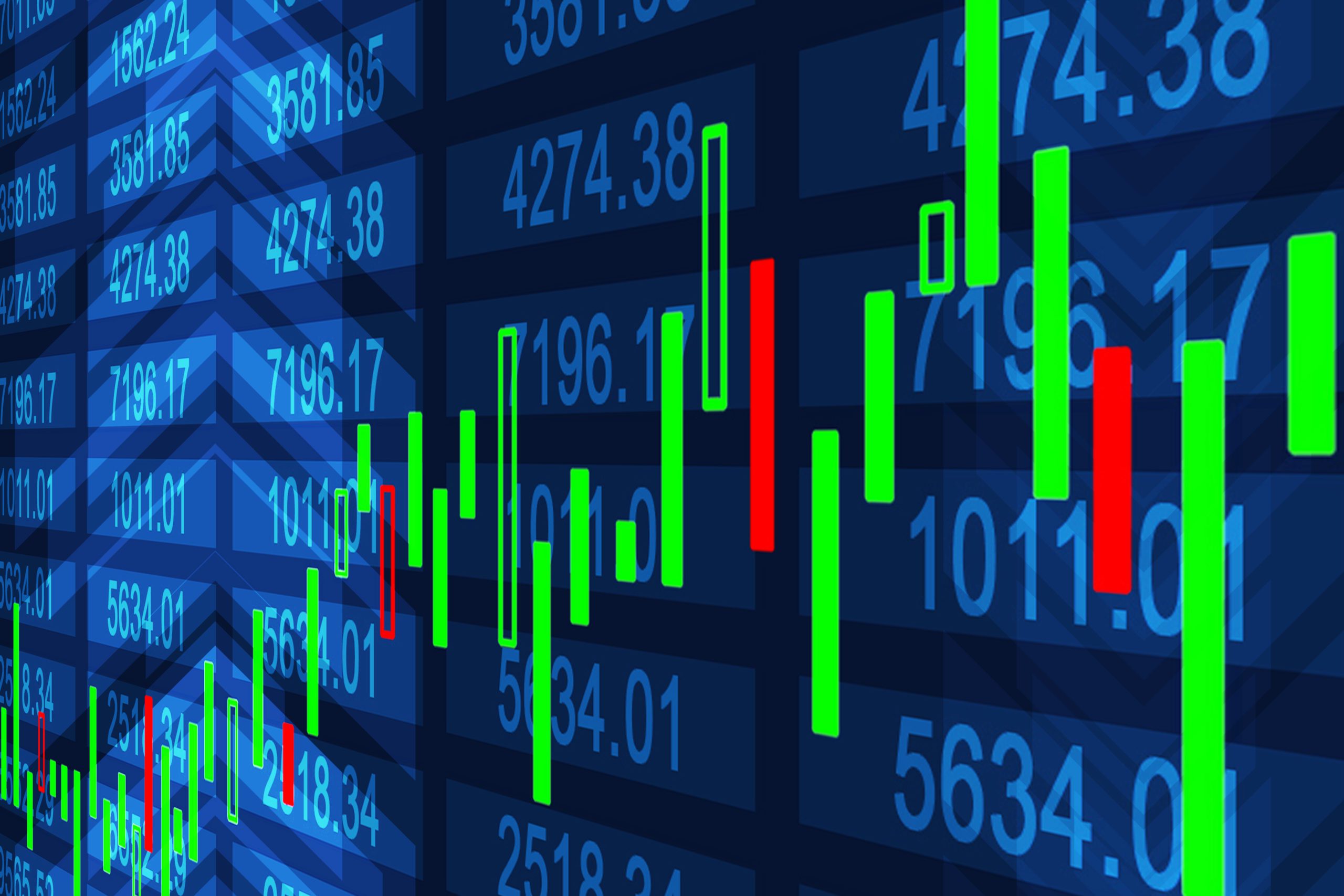U.S. stock futures ticked upwards over Memorial Day weekend due to China’s easing of COVID-19 restrictions.
Stock exchanges in the United States were closed for the holiday, but electronic futures trading continued in light volume. They carried on the trend clocked at closing on Friday, May 27, which had all three major market indexes up at least 1.76%.
The S&P 500 even had a 7% rally that week, its strongest since November 2020.
Investor optimism anticipated the loosening of COVID-19 restrictions in China.
Shanghai, for instance, lifted a two-month lockdown at midnight on June 1. The city’s population of roughly 25 million people endured severe restrictions on their movements after cases of the Omicron variant of COVID-19 trended upward. Government authorities imposed the lockdown so fast that many residents did not have adequate time to gather provisions. Throughout the two-month lockdown, isolated individuals and families suffered food, water, and medicine shortages.
Global supply chains felt the impact of the Shanghai lockdown as well. The city is a major manufacturing hub. Companies like Apple and Tesla rely on its labor force.
Tesla only recently managed to get its output levels back to 70% of what they were before the lockdown. Wedbush analyst Dan Ives called the Shanghai lockdown “an epic disaster” for the electric car manufacturer.
Beijing is also seeing a relaxation in its anti-COVID measures. Shopping malls and hotels are opening back up, and more people are being allowed to go back to work.
The normalization of international trade and production in China undoubtedly positively affected stock and futures trading. However, one economist pointed out the role of the Chinese domestic market in this recent trading rebound.
“The easing is mainly an issue for domestic demand—Chinese exports continued to grow during the restrictions,” stated Paul Donovan of UBS Global Wealth Management. “However, some international companies produce in China for Chinese consumption, so the easing has relevance for some global equities.”
Still, investors are broadly hesitant to celebrate while the Chinese government remains committed to its zero-COVID strategy as lockdowns continue to loom behind every uptick in cases.






